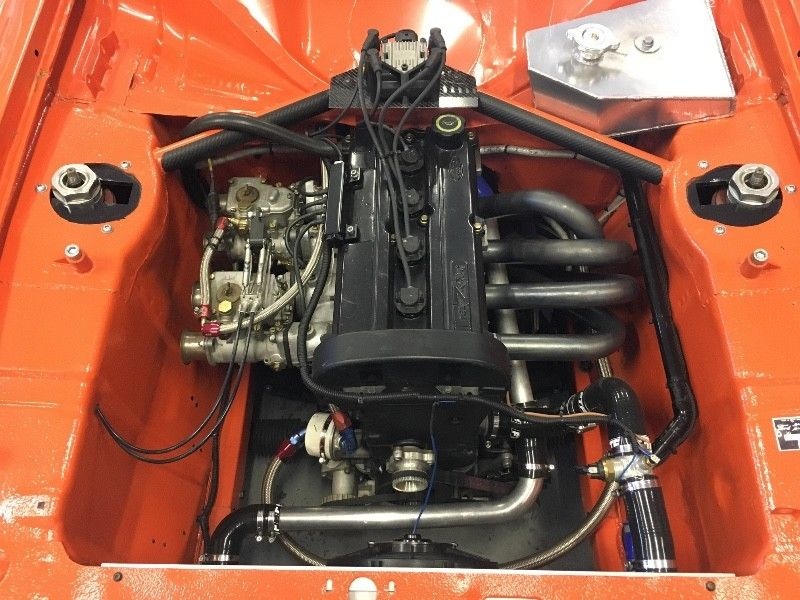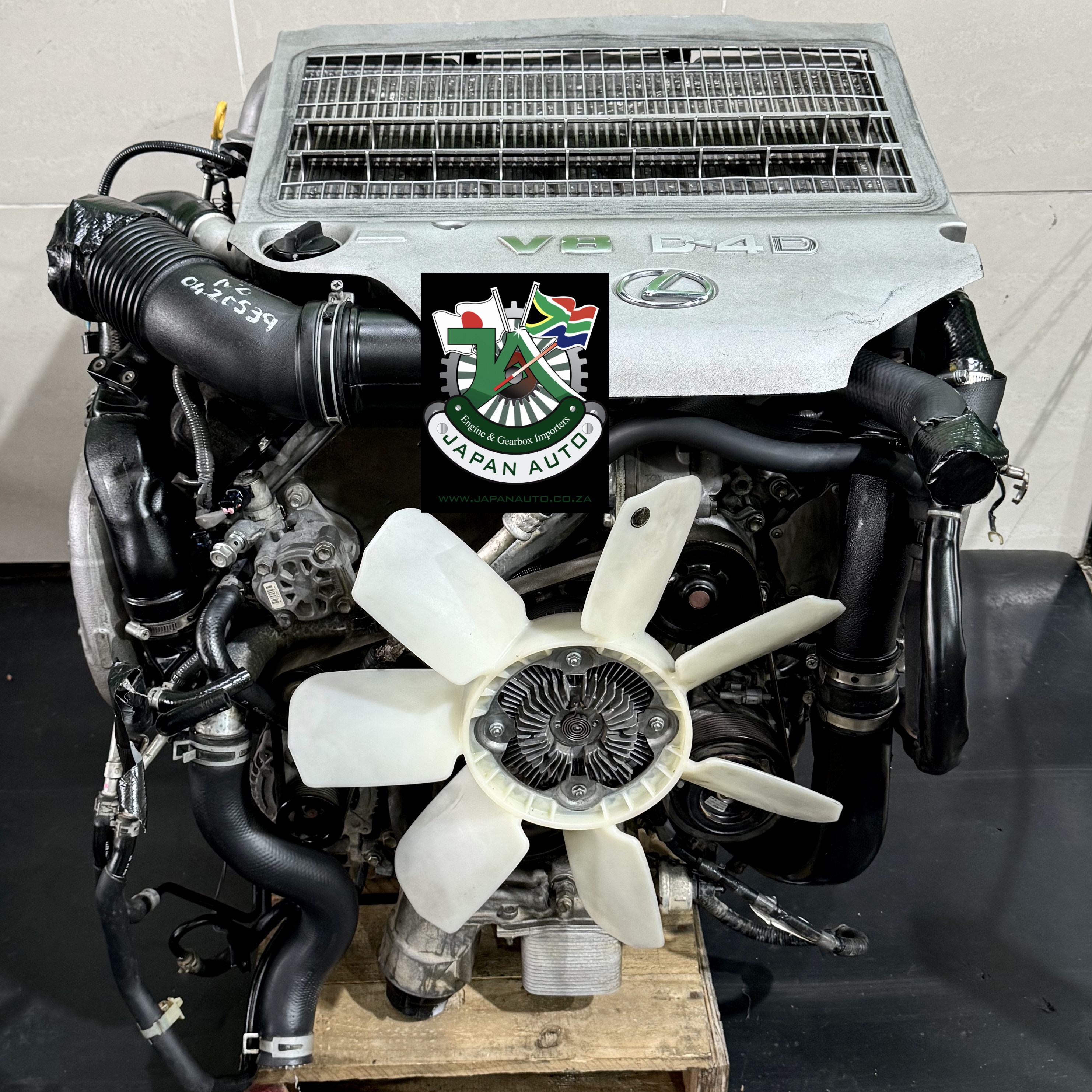Discover the Features and Benefits of the Toyota Tazz for First-Time Buyers
Discover the Features and Benefits of the Toyota Tazz for First-Time Buyers
Blog Article
Explore the most up to date Fads in Engine Modern Technology With Tazz
In the swiftly progressing landscape of auto technology, Tazz stands at the leading edge, highlighting substantial innovations in engine systems that focus on both development and sustainability. From hybrid engines that enhance fuel effectiveness to the development of hydrogen fuel cells, the trends shaping contemporary powertrains are not only enhancing performance but additionally addressing crucial ecological challenges.
Hybrid Engine Innovations
Crossbreed engine developments stand for a pivotal change in automotive innovation, combining the advantages of internal combustion engines with electrical propulsion systems. This integration not just boosts fuel efficiency yet also reduces discharges, meeting increasingly rigid environmental laws. By utilizing both energy sources, hybrid engines can maximize performance, delivering power when required while saving fuel throughout less requiring motoring conditions.
Current innovations in hybrid technology include enhancements in battery performance and regenerative stopping systems. These developments permit for higher power recovery during slowdown, which can be redirected to help in acceleration or power auxiliary systems. In addition, suppliers are concentrating on portable designs and light-weight materials to optimize the efficiency of hybrid powertrains.
The advancement of plug-in crossbreeds has actually likewise broadened the marketplace, enabling vehicle drivers to bill their lorries using standard electric outlets. This function often enables considerable all-electric variety, additional lowering dependancy on standard gas. tazz. As the vehicle industry remains to advance, hybrid engine technologies are anticipated to play an important role in bridging the gap between conventional cars and completely electrical versions, supplying a transitional service that accommodates varied customer requirements and choices
Breakthroughs in Electric Powertrains
The automobile landscape is quickly advancing, with electrical powertrains becoming a leading force in sustainable transport. Developments in electric automobile (EV) modern technology are substantially enhancing efficiency, individual, and efficiency experience. Trick advancements consist of enhancements in battery chemistry, which have increased energy density, reduced billing times, and prolonged overall battery life.
Solid-state batteries, for instance, guarantee to revolutionize the market by providing greater security and performance contrasted to traditional lithium-ion cells. In addition, developments in regenerative braking systems are allowing vehicles to recuperate power throughout slowdown, adding to total efficiency.
In enhancement to battery technology, electrical motor styles are coming to be a lot more sophisticated. Developments such as incorporated electric motors and progressed thermal administration systems are helping to maximize power delivery and minimize weight, ultimately improving vehicle characteristics.

Collectively, these advances highlight the dedication to transition in the direction of cleaner, extra effective transport solutions, positioning electric powertrains at the center of vehicle technology.
The Rise of Hydrogen Fuel Cells
Significantly, hydrogen fuel cells are gaining grip as a viable alternative to conventional inner combustion engines and battery electric cars. This innovation uses the chemical energy stored in hydrogen, converting it right into power via an electrochemical response with oxygen. The primary by-product of this process is water, making hydrogen fuel cells an environmentally pleasant alternative with zero emissions at the tailpipe.

Automakers are progressively spending in hydrogen fuel cell technology, identifying its potential for long-range applications and rapid refueling capacities that match traditional gas. Additionally, industries such as heavy-duty transportation and public transportation are particularly well-suited for hydrogen fuel cells, where battery electrical services might fall short due to weight and variety restrictions.
As study and financial investment remain to expand, hydrogen fuel cells are poised to play a substantial function in the check it out future landscape of clean transportation and energy remedies.
Enhancements in Internal Combustion Engines
Innovations in interior combustion engine (ICE) modern technology are transforming conventional vehicles to satisfy contemporary ecological criteria and performance assumptions. Direct fuel injection, for circumstances, allows for much better atomization of gas, leading to even more complete combustion and improved power output.
Furthermore, turbocharging has actually gotten importance, permitting smaller engines to deliver higher efficiency without the weight of bigger engines - tazz. This technology not just increases effectiveness yet additionally contributes to lower gas intake. Variable valve timing systems are also being improved, enabling engines to adjust to numerous driving problems for enhanced torque and responsiveness
Moreover, the usage of lightweight products in engine building is becoming typical, further enhancing gas efficiency by decreasing overall car weight. Engine control devices (ECUs) are significantly innovative, enabling real-time adjustments that enhance efficiency and exhausts.
These enhancements collectively symbolize an essential change in ICE modern technology, aligning with international sustainability objectives while still providing the efficiency drivers anticipate from their vehicles. As the market advances, these improvements remain to shape the future of traditional automobile design.
Future Patterns in Engine Effectiveness
Considerable improvements in engine efficiency are prepared for as producers concentrate on incorporating innovative modern technologies to meet stringent ecological laws and customer demands. The shift towards electrification, hybrid systems, and alternate fuels is improving the automobile landscape, driving technologies that boost gas economy and lower exhausts.
Among the vital fads is the implementation of sophisticated products and producing methods. High-strength alloys and light-weight compounds contribute to lowered automobile weight, hence improving total effectiveness. Additionally, the adoption of turbocharging and variable shutoff timing modern technologies enables enhanced power output from smaller engines, further improving gas economy.

Conclusion
To conclude, the exploration of engine innovation exposes significant improvements that focus on sustainability and effectiveness. Developments in hybrid engine systems, electric powertrains, and hydrogen fuel cells demonstrate a commitment to lowering discharges while enhancing performance. Improvements in interior combustion engines and a focus on light-weight products add to general engine efficiency. As the automobile sector remains to develop, these fads will play an important function fit a cleaner and even more sustainable future for transport.
From crossbreed engines that enhance gas efficiency to the emergence of hydrogen fuel cells, the patterns forming modern-day powertrains are not just enhancing efficiency yet also dealing with essential environmental difficulties.Crossbreed engine advancements stand for an essential change in auto innovation, incorporating the benefits of internal combustion engines with electrical propulsion systems.Additionally, turbocharging has my blog actually acquired prominence, enabling smaller sized engines to provide higher efficiency without the weight of larger engines. Furthermore, the adoption of turbocharging and variable shutoff timing technologies enables for improved power result from smaller sized engines, further enhancing gas pop over to this web-site economy.
Enhancements in internal combustion engines and a focus on lightweight products add to general engine efficiency.
Report this page